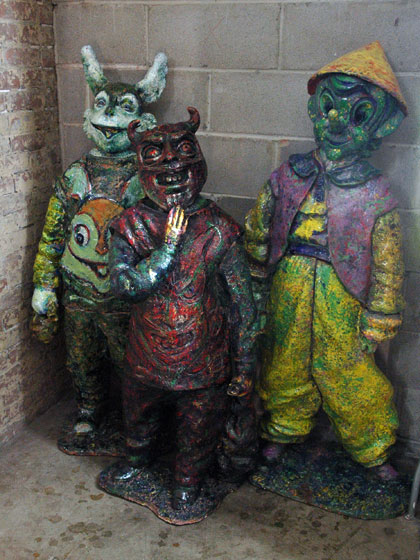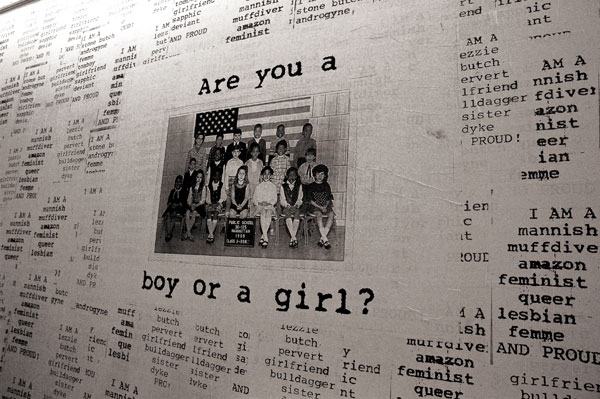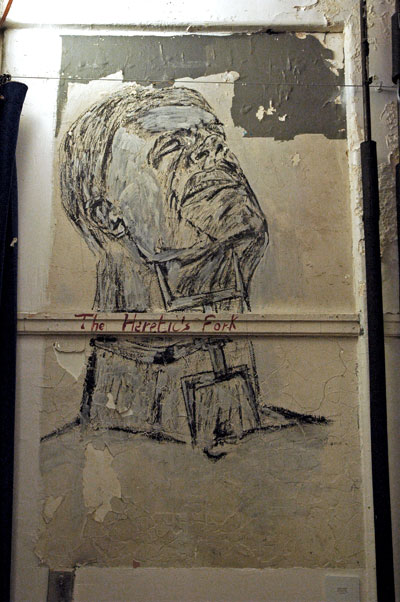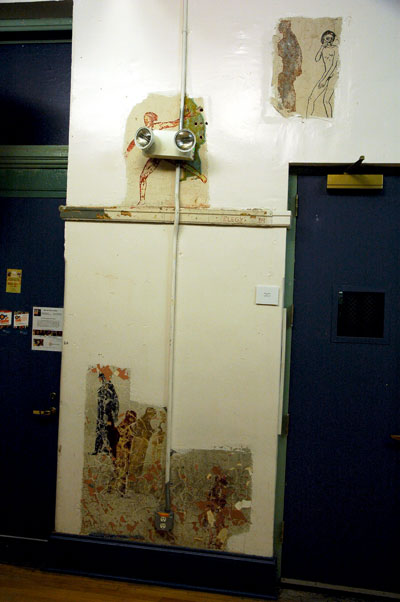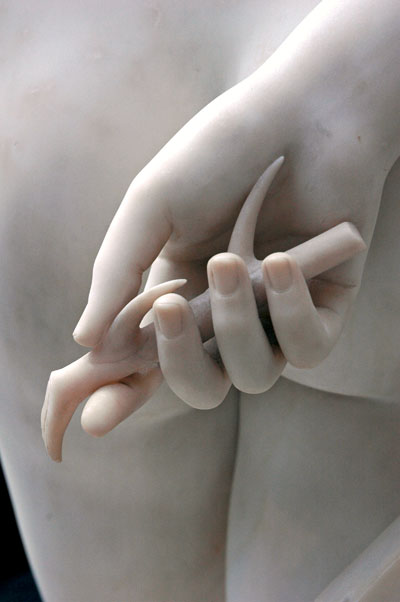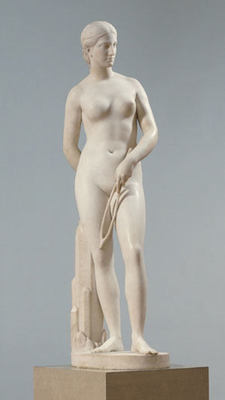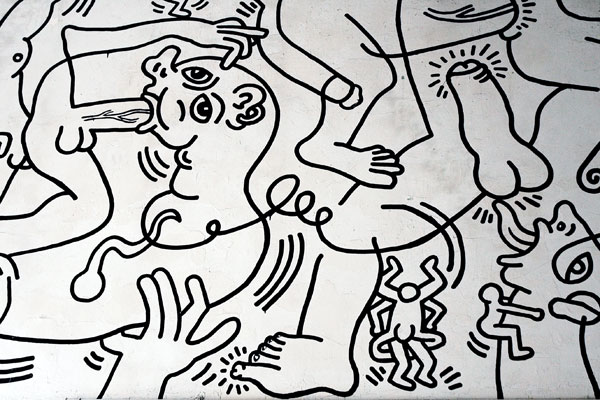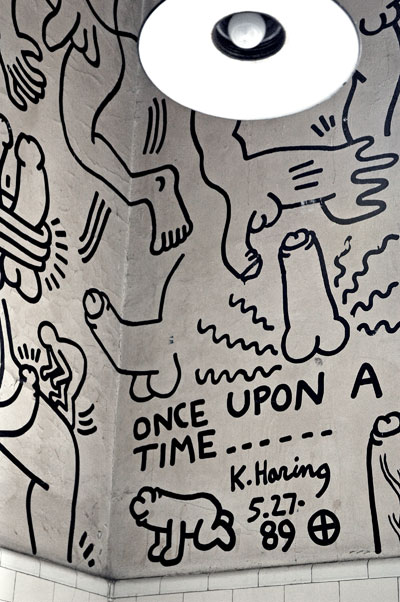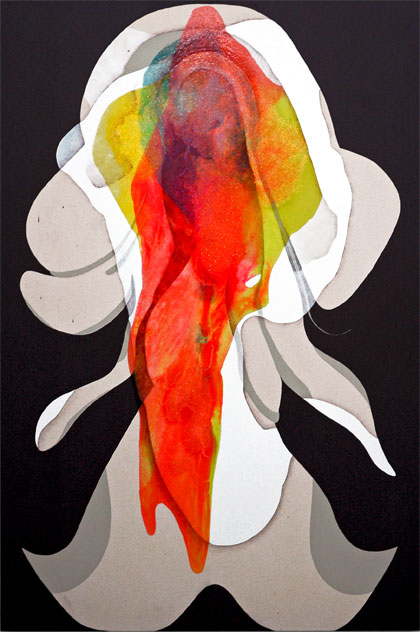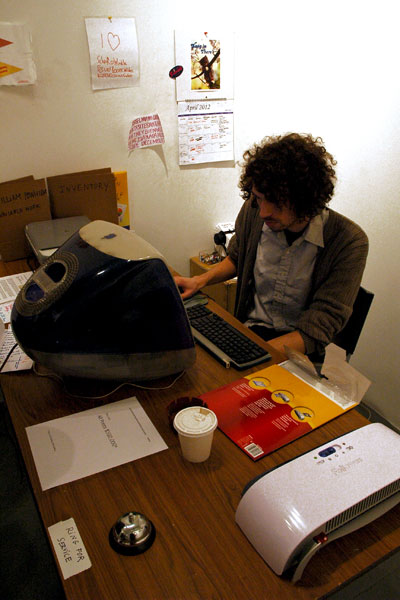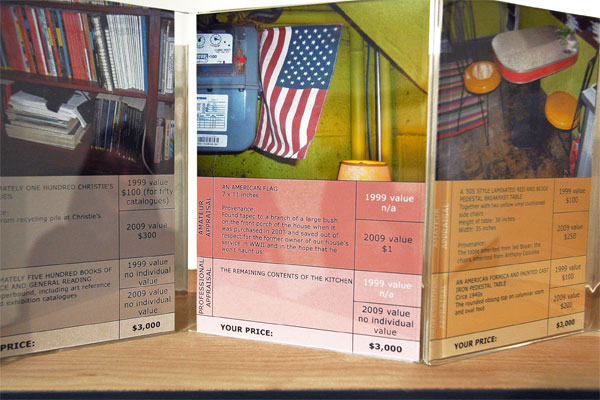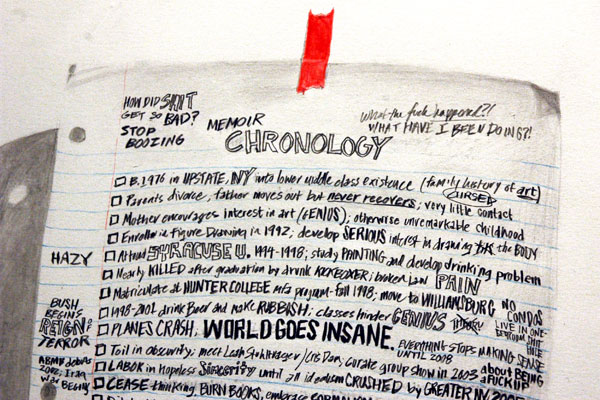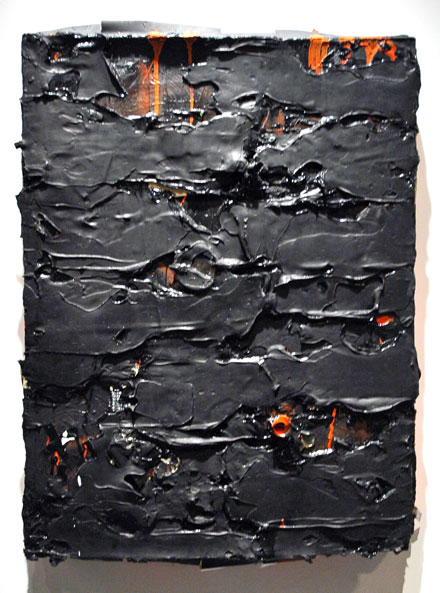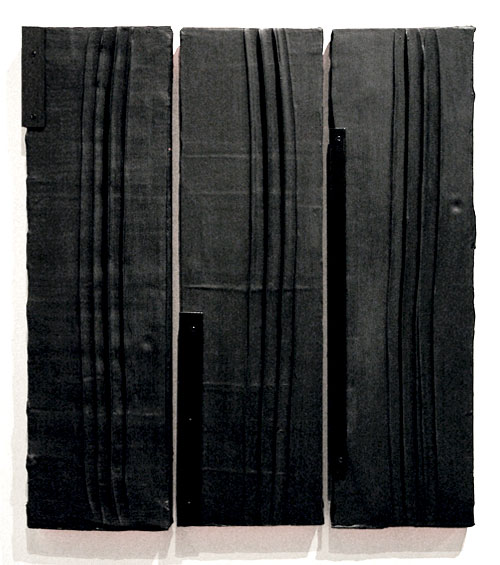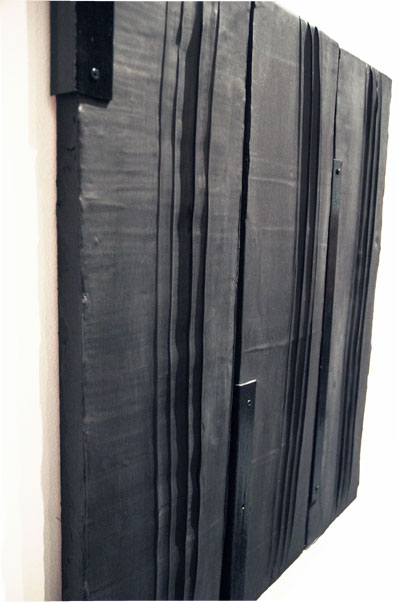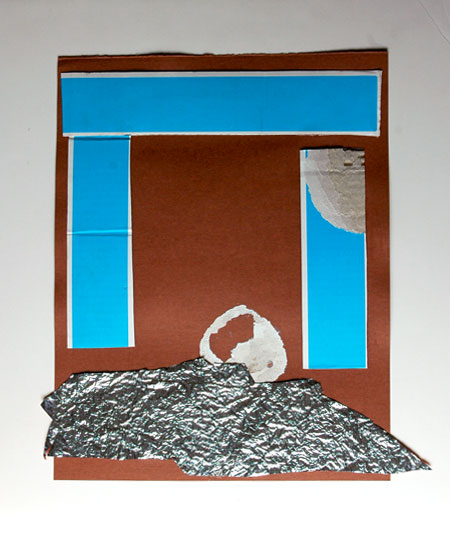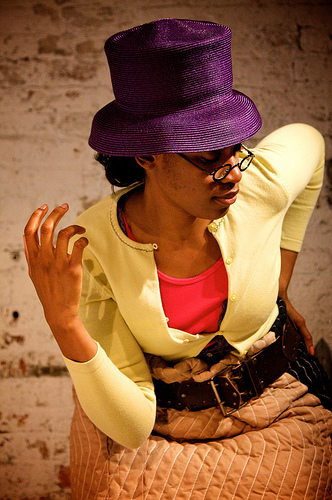
". . . she certainly was then quite completely interesting." [from the dialogue]
It's an exquisite recreation of one of her most abstract texts. Target Margin Theater's powerful production of Gertrude Stein's "A Family of Perhaps Three" continues at the Chocolate Factory on June 3rd, 4th, 5th and 6th. David Herskovits, the founder and artistic director of Target Margin, directs, and the small cast is superb. It includes Chinasa Ogbuagu, Allison Schubert and Indika Senanayake. The sets and costumes (Lenore Doxsee) are minimal, beautiful and supplely evocative, and the sound design (Jim "Sneaky" Breitmeier) is brilliant and completely articulate. We love the "Sound Demon", Caroline Kaplan, and I know I must be leaving a number of people out.
"A Family of Perhaps Three" is just one of a group of plays in the company's current series, called "Theater of Tomorrow", exploring the early twentieth-century roots of the American avant-garde theater with works by Stein, Zora Neale Hurston, Eugene O’Neill, Edna St. Vincent Millay and E.E. Cummings.
After exactly a century, Gertrude Stein's most revolutionary work remains famously unread, as it always has been. For most people, her work has always been approached, and treasured, as an impression (sometimes a totem, sometimes a joke) more than an actual presence.
Of course there's "The Autobiography of Alice B. Toklas by Gertrude Stein", the most un-Gertrude Stein of all her works, and which has never gone out of print. I read it and Toklas's own autobiography fairly early, but eventually I decided I needed to know what it was that made Stein's prose seem to drive so many people crazy. More to the point, was there anything there when you got there? Was it really unreadable? I had to give it a chance, perhaps just because it was too big to ignore.
I actually made it through "Three Lives" and a good part of "The Making of Americans" while still in college and grad school in the 1960's, so I have an answer: No, it's not unreadable. It's an awesome experience if you can make it through the text; the effect may be a little mind-altering (but unlike chemical stimulants, it demands some concentration if you want to get through it). My answer has to be qualified however: Stein may not be for everyone. In the interest of full disclosure, I've always been a big fan of confounding art forms, including cubist visual art and theater, and I've adored John Cage for half a century. I've also enjoyed my share of some of the milder stimulants closely identified with the counter-culture born in the early years of my majority, so you probably can't take my word alone for a prediction of the pleasure of a Stein immersion.
But you won't have to read anything to prepare for "A Family of Perhaps Three". It will tell you a lot about the author and why she is still revolutionary, but you'll probably want to hit one of the books after you've seen the play, even if only to check out what the sensation feels like in print.
I've just read a part of the text of the play [available here] and I now realize the miracle of what this company has accomplished in its collaboration with the author. Gertrude Stein's language came to life last night. I'd go back again if we weren't going to be out of the city this weekend
Don't miss out on it. I know the idea of Queens [the borough, that is] may be scary for some, but the location, the time commitment and the cost of tickets presents absolutely no barrier to a terrific evening of theater: The little building is only steps from the #7 train's first stop in Long Island City, it's only one hour long, the price is $15, and once you're there you'll find yourself in the midst of a healthy new pub and restaurant scene for discussions with friends before or after the play.
[image of Chinasa Ogbuagu from Yi Zhao]
